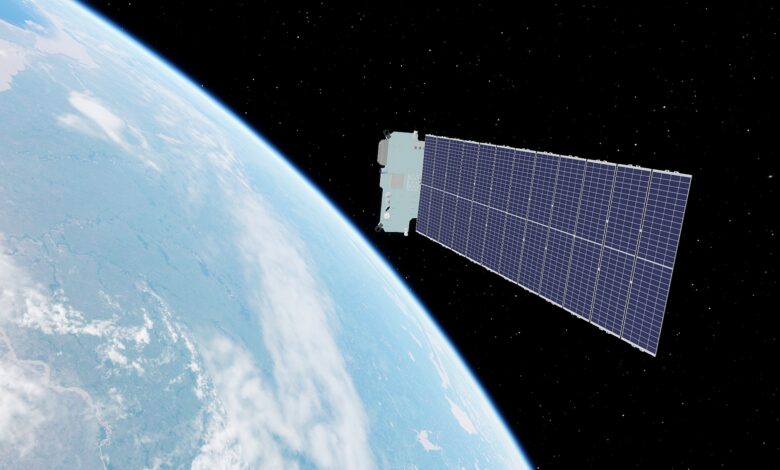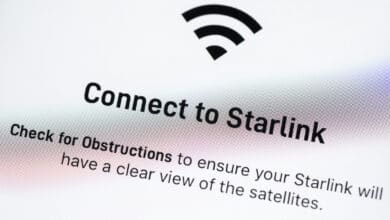
If companies like SpaceX have their way, the future belongs to satellite Internet. But the celestial bodies that are supposed to provide stable and fast broadband Internet even in the most remote corners of the earth are far from popular with everyone. In France, for example, environmentalists went on the barricades and accused projects like Starlink of increasing the already gigantic mass of space debris in Earth orbit. The highest administrative court in the country has now ruled in favor of the associations. Starlink loses thereby its license for France.
A bitter defeat for Elon Musk
In the focus of the accusations was not only the additional amount of environmental waste that is produced. After all, France alone will be able to do little about the mere existence of Starlink’s satellites. Rather the environmental federations concerned on the plaintiff side objected to the radiations, which proceed from the satellites. These are too harmful for the population and environment of France. As a result, the Conseil d’État, France’s highest administrative court, decided to shut down the two frequencies on which Starlink supplied the country with Internet. As a result, Elon Musk’s satellite Internet must abandon its offering in France.
SpaceX itself has not yet commented on the ruling. However, Elon Musk’s company will be anything but pleased. After all, the French court’s ruling could spread like wildfire within the EU. As a result, Musk would probably no longer be able to offer his satellite-based Internet in our parts of the world. What is really annoying for the tech giant, however, is that Starlink was terminated in France within a very short time. After all, the satellite Internet offer only went live in February last year.
The public was not involved
The French government is not the least to blame for the shutdown of Starlink in France. After all, the authority responsible gave its eager approval to the project. The two frequencies opened the door for Starlink’s satellites to gain a foothold in France. After all, by granting the two bands, Starlink was able to address France’s receiving antennas, as it were. However, the process had been anything but legal in terms of consideration. Finally, the authority agreed without even informing the public about it, let alone involving them.
The French newspaper Le Figaro wrote in its article that the official decision had
“likely to have a significant impact on the market for the provision of broadband access to the Internet and will affect users”
It is not even necessary to think that far and include only market participants in the sense of healthy competition. If it goes after the president of Priartem, an extensive examination for the effects on the health as well as the environment should have taken place on top of it. At the time, there were similar problems with the introduction of 5G.
Observation of the starry sky will be impaired
But the health risk for humans and animals is only one side of the coin. On top of that, the other side is the impact for science. Accordingly, the organization Priartem was joined by Agir pour l’Environnement. The environmental protection association complains that the increasing number of Internet satellites will sooner or later destroy the view of the starry sky. This great danger has already been brought forth by experts for quite some time when it comes to the topic of satellite Internet. Although SpaceX with its Starlink project is certainly also well aware of the problem, the company has not yet had to suffer any consequences. The ruling in France is now likely to be the first harsh fallout for the project, which was launched in 2019.
In the meantime, the constellation consists of more than 2000 satellites that supply many countries with broadband Internet. The number seems like peanuts once you take a look at the company’s long-term plans. Starlink’s mega constellation is expected to consist of around 30,000 satellites by the end of the year. The whole thing seems even more threatening when you realize that the competition is not sleeping either. Amazon recently announced that it is waiting in the wings with its Project Kuiper. The company, headed by Jeff Bezos, wants to send more than 3,000 satellites into orbit over the next five years. We are curious to see where this will lead and what effects the ruling in France will have on other countries.



